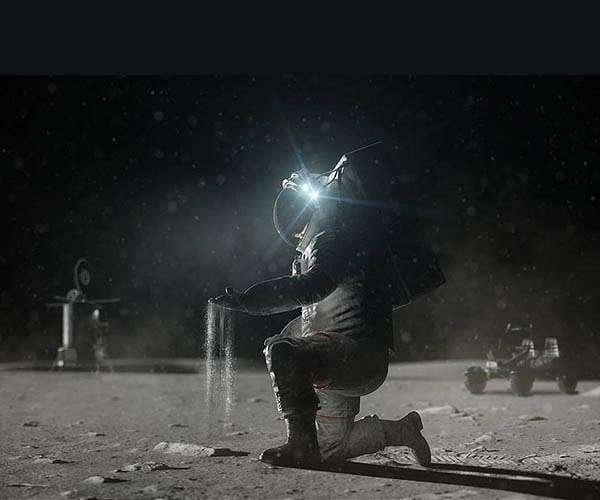The protection of the Moon is clearly stated in the 1967 Outer Space Treaty (OST) – an international document that prohibits any state to appropriate the space rock or other celestial bodies.
Researchers from the Adam Smith Institute, a British neoliberal think tank, have suggested that dividing the Moon into regions and privatising it can help end global poverty. However, there is a twist: the think tank suggests rethinking international accords to do so.
Rebecca Lowe, an economic researcher who compiled a report on the matter for the institute titled “Space Invaders: Property Rights on the Moon,” has proposed the so-called “individualistic” approach to redefining the Moon’s property rights issue in a departure from what is outlined by the 1967 Outer Space Treaty.
According to her, parts of the moon should be assigned to different countries that can then generate money by selling it to businesses, for example.
“Such a system would incentivise responsible stewardship of space as well as opportunities for new scientific discovery and democratised space exploration,” the report asserted.
The proposition is an alternative to other “nation-focused” options the researcher mentions in her reports.
+ either all countries agree to update the Outer Space Treaty to allow appropriation of celestial land;
+ or they come up with a new treaty instead of the OST;
+ or develop a peremptory norm of international law that would allow the appropriation and would be adhered to by all countries.
However, Lowe has pointed the finger at Russia and China, who she says would “neither respect the human rights of their citizens, nor provide them with the equal legal protection of property rights,” and therefore put a spanner in the works of her plan.
“It is hard to imagine, therefore, that these two key space players would be at the forefront of any international agreement premised on ensuring a morally-justified approach to the matter of space ownership,” she stated in her report.
The idea to appropriate the moon has already been promoted by the Adam Smith Institute, which earlier suggested negotiating a new international accord instead of the OST, which is signed by more than 100 countries and bans ownership of the Moon.
Lowe underlines that, since it is unclear who owns the Moon (and who, therefore, should receive the rent payments), it’s not clear who should benefit financially from renting it out. As a solution to this, she suggests that all humans should own the Moon collectively, or that individuals should “simply be able to acquire and hold at will.” Both of these options, she writes, pose serious challenges, though.
Lowe hopes that “democracies would find ways to share fairly amongst their citizens the opportunities of the national appropriation of space, when such appropriation was made legal.” She says this might be possible through “tenders, shareholder schemes, lotteries, or various types of state-determined allocation.”
The sentiment voiced by the researcher appears to challenge the common belief that space has no borders. Under the Outer Space Treaty, nations cannot claim sovereignty of celestial bodies, the Moon included.
This is not the first time Western entities have voiced their astronomical ambitions. In 2020, then-US President Donald Trump said that Americans have “the right to engage in commercial exploration” of outer space. This was criticised by Russia as an attempt to enact “aggressive plans to actually seize territories of other planets.”
Back then, Trump stated that the United States “does not view it [outer space] as global commons.” It appears that, even two years later, his sentiment is shared across the ocean.
– Advertisement –
